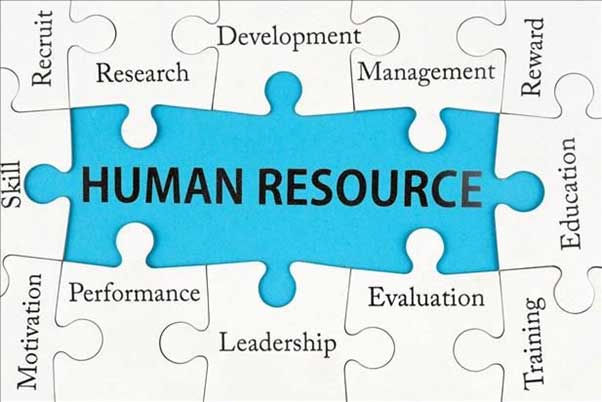Leadership and HR | | Aparna Sharma | Senior HR Professional & Certified Corporate Director I Editor’s Collection

To be an effective business leader, it is important to understand the broad operations and processes that drive business and create growth. However, to be a successful Human Resource leader, it is not only critical to understand the basic principles of business best practices, it is also important to be proactive and strategically develop your influence over your organization.
Sharing five key traits that today’s influential Human Resource leaders all have in common.
1. Never Stop Learning
Pursuit of life-long learning through an advanced degree and professional certification is necessary to build and refine your HR knowledge. Successful HR leaders display a thirst for understanding the benefits of new HR research outcomes and stay connected to current trends in the HR field. By incorporating our knowledge of best HR practices into our daily work life, we can more effectively support our organization’s strategic goals and direction.
Deepening our knowledge of the expanding field of human resources, will help us to better manage, support, and lead our HR team. Putting this knowledge into practice can serve to encourage growth and development of not only our HR staff but also of the larger workforce.
2. Communicate Effectively
According to Watson Wyatt’s study, organizations that are highly effective in their communication practices are more than twice as likely to significantly outperform peers that are not. Many opportunities exist for us as a human resources leader to develop and demonstrate our communication skills. For example, strong writing skills lead to clearly understood policies and procedures that drive organizational results. Similarly, with outstanding verbal communication skills we can help our workforce to understand better their roles in driving organizational results and motivate them toward peak performance. Clear, effective messages can boost morale, increase loyalty and even save the organization money
3. Practice Values-Based and Ethical Behavior
In today’s highly competitive work environments, the pressure to succeed both personally and professionally is a powerful force. We can demonstrate our personal commitment to maintaining an ethical workplace in two important ways. First, lead by example and consistently adhere to the code of ethical behavior of the HR profession. Second, using the HR code of ethical behavior as your guide, take the lead in advancing your organization’s espoused values to all employees. Because HR professionals often lead the process for fair and equitable treatment of all organizational members, we are uniquely positioned to help build a community of employees who will want to internalize and demonstrate our organization’s values and ethical behaviors.
4. Think Strategically and Act Accordingly
It is tempting for HR professionals to focus their efforts narrowly on building the most productive HR function within their organizations. On the surface this focus seems to make sense. Today, however, CEOs expect HR professionals to demonstrate more than just HR expertise. They expect their HR leaders to be key partners who help drive their organization’s overall business strategies. To do so, HR professionals need to think strategically, connecting a robust HR function with an in-depth knowledge of their organization’s core business issues and aspirations.
5. Metrics Matter
HR professionals have long recognized the value of developing outstanding practices that attract, leverage, and retain the best employees for their organizations. Determining the value of those practices on the organization’s bottom line requires HR professionals to be able to understand and use metrics and key business statistics. From determining employee turnover rates to preparing a cost/benefit analysis for offering a wellness program to calculating the return on investment (ROI) of an employee suggestion program, metrics are critical!


